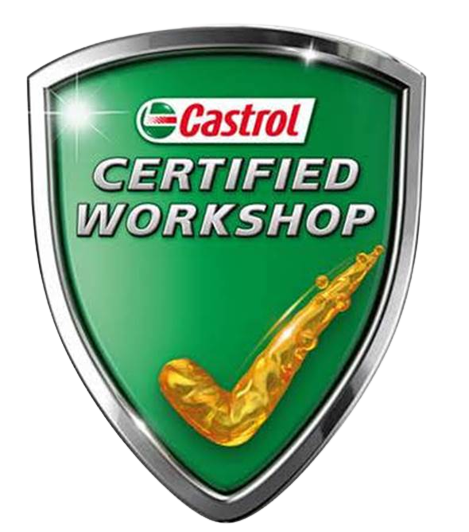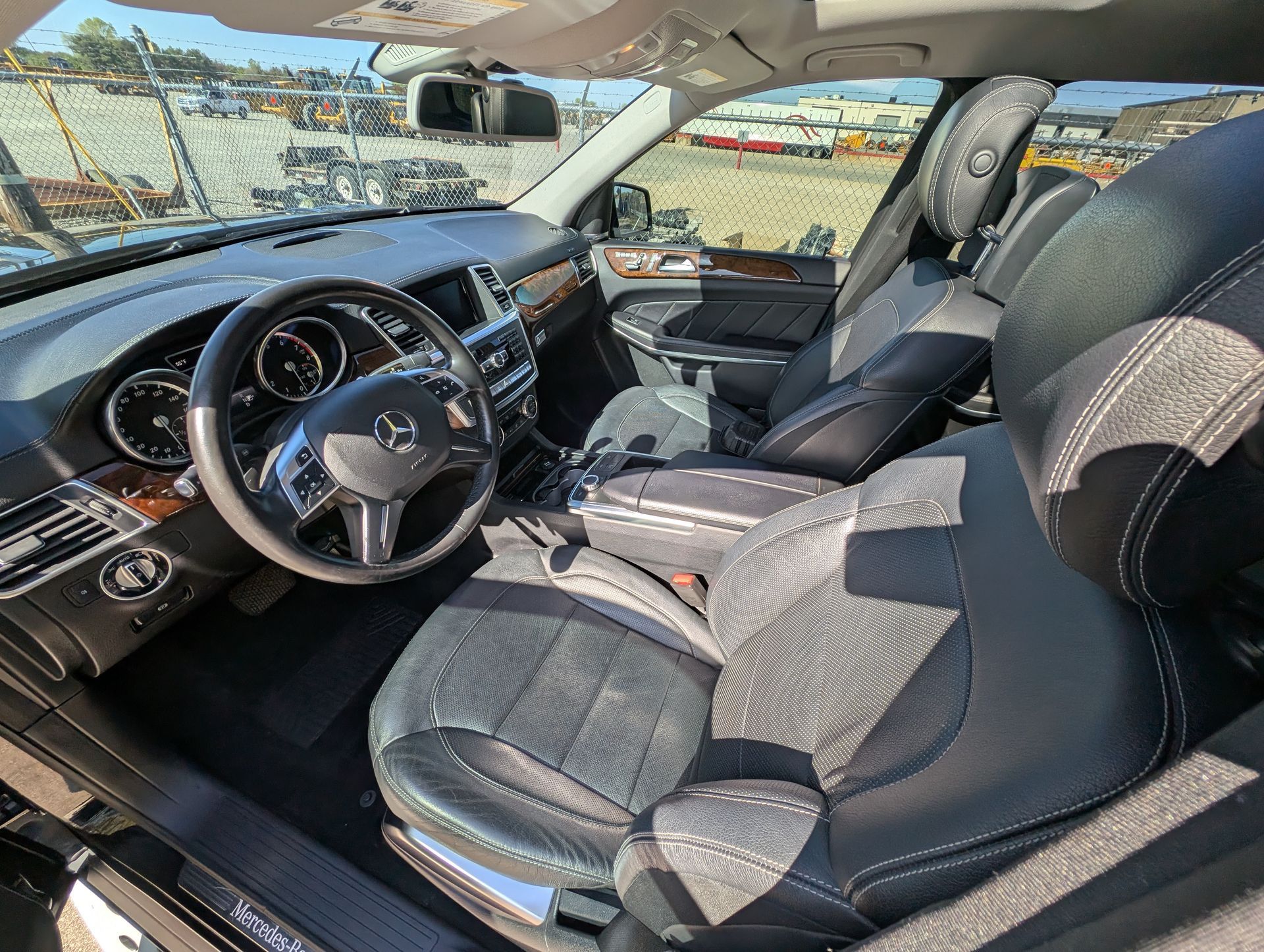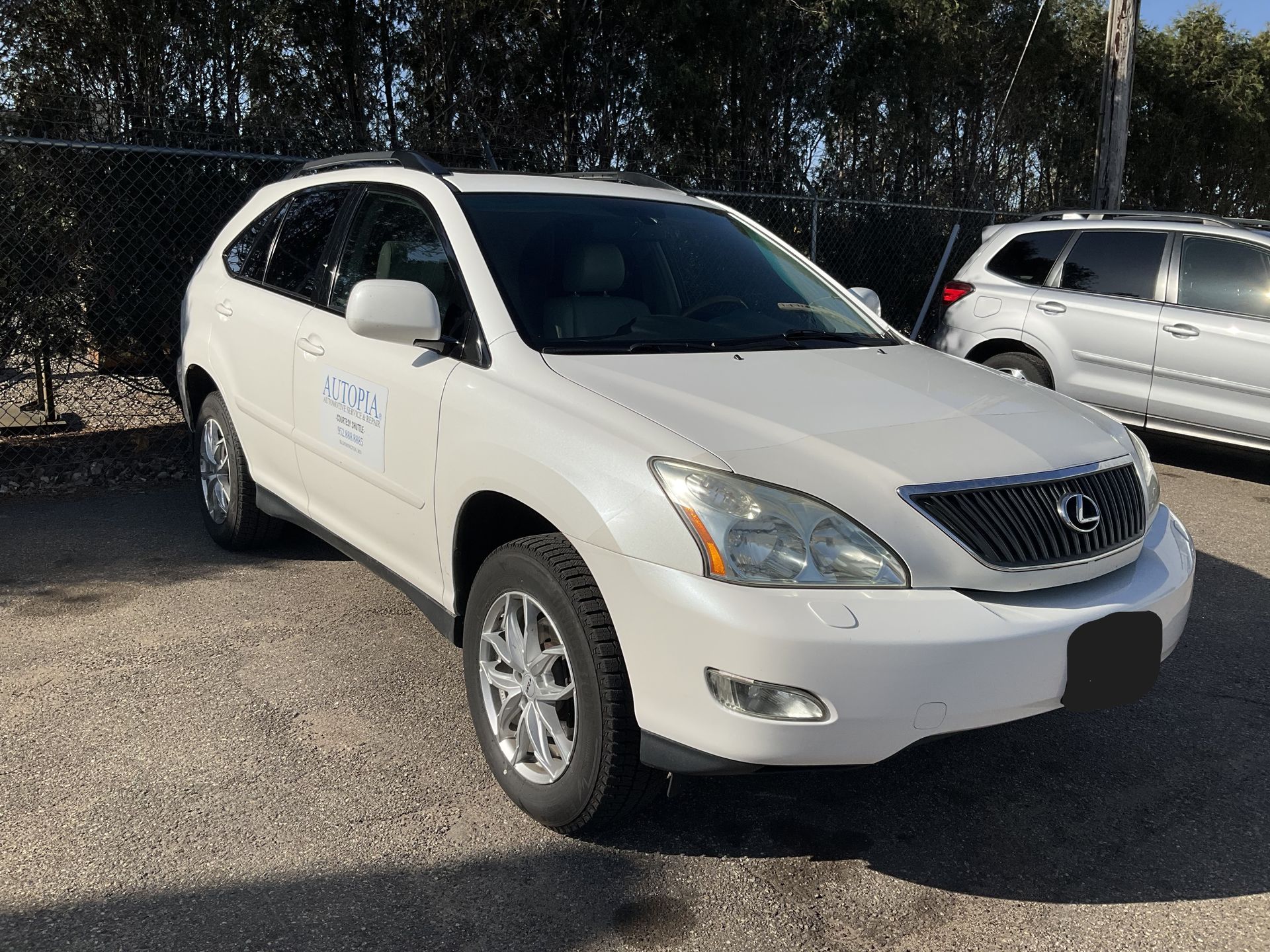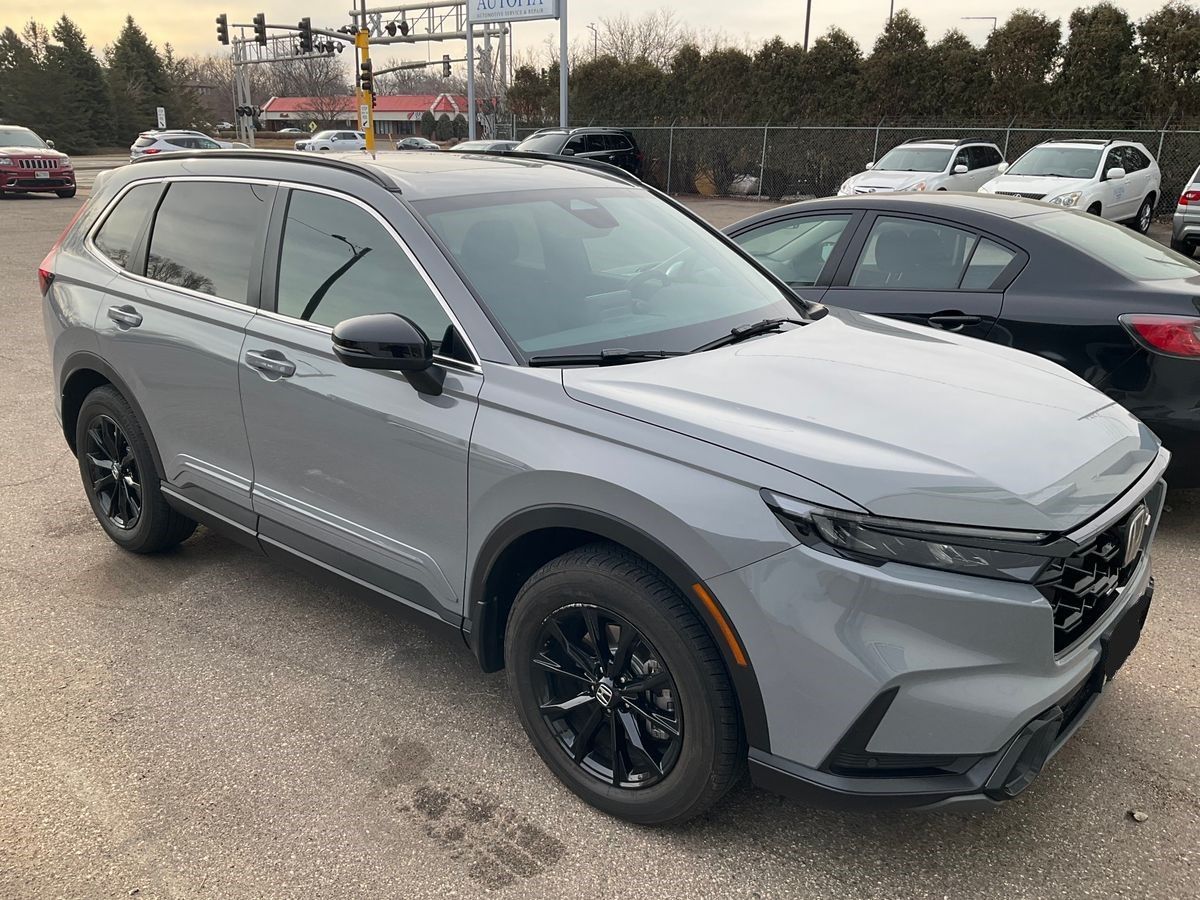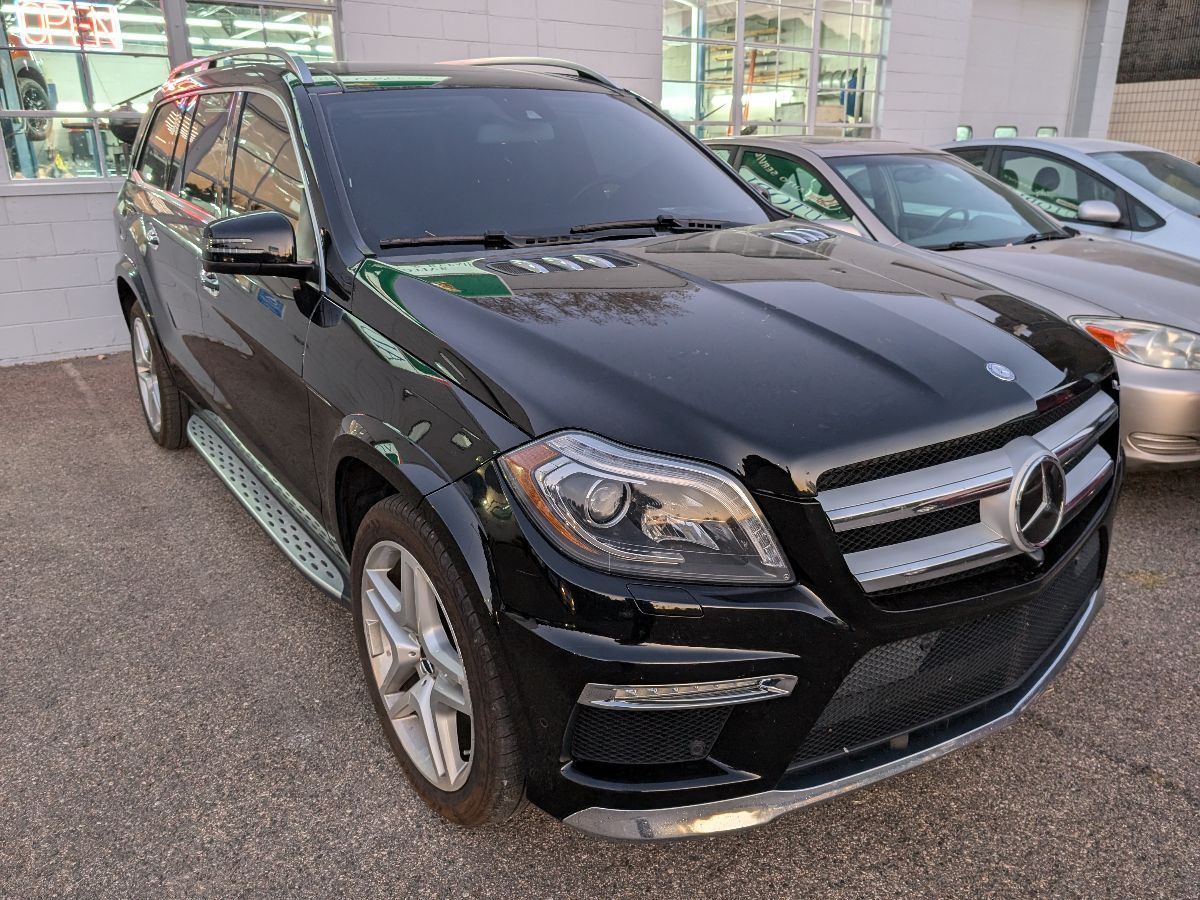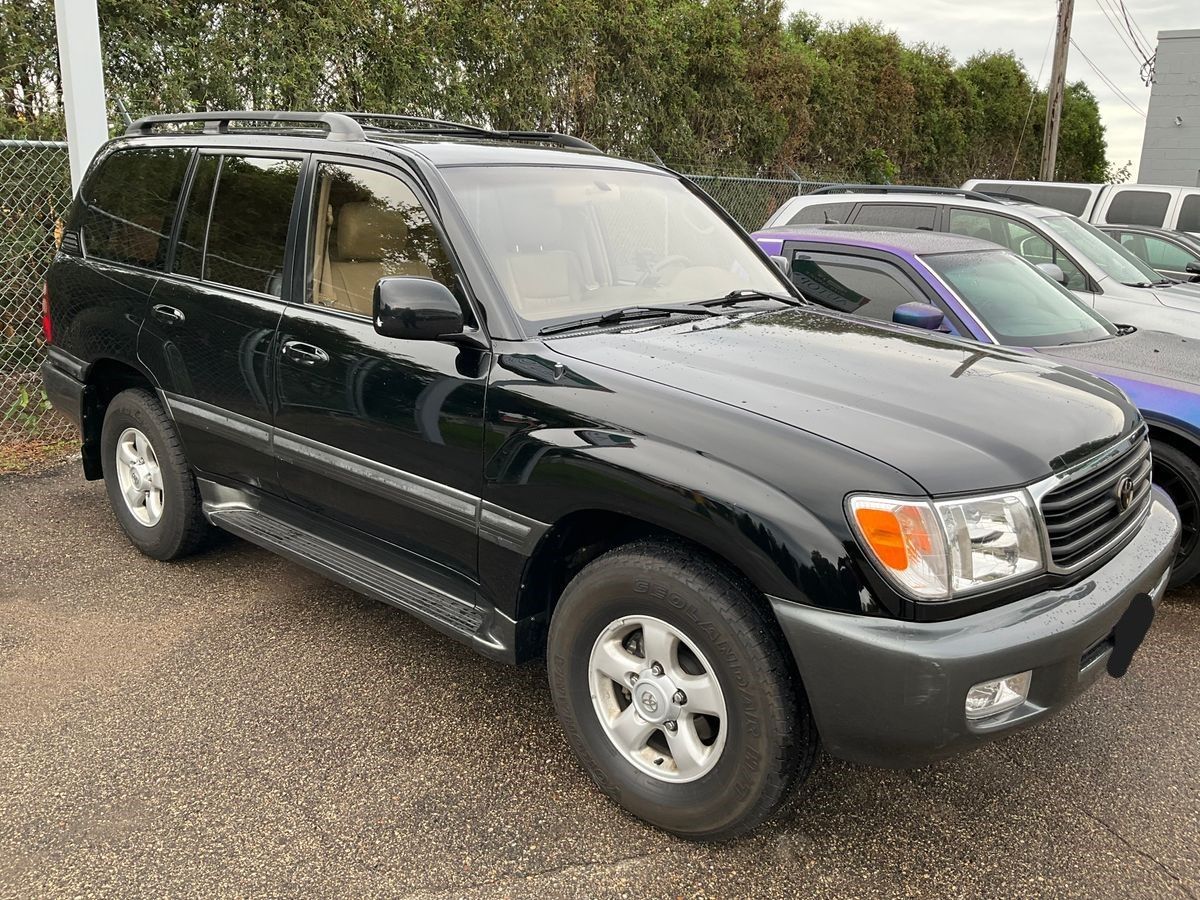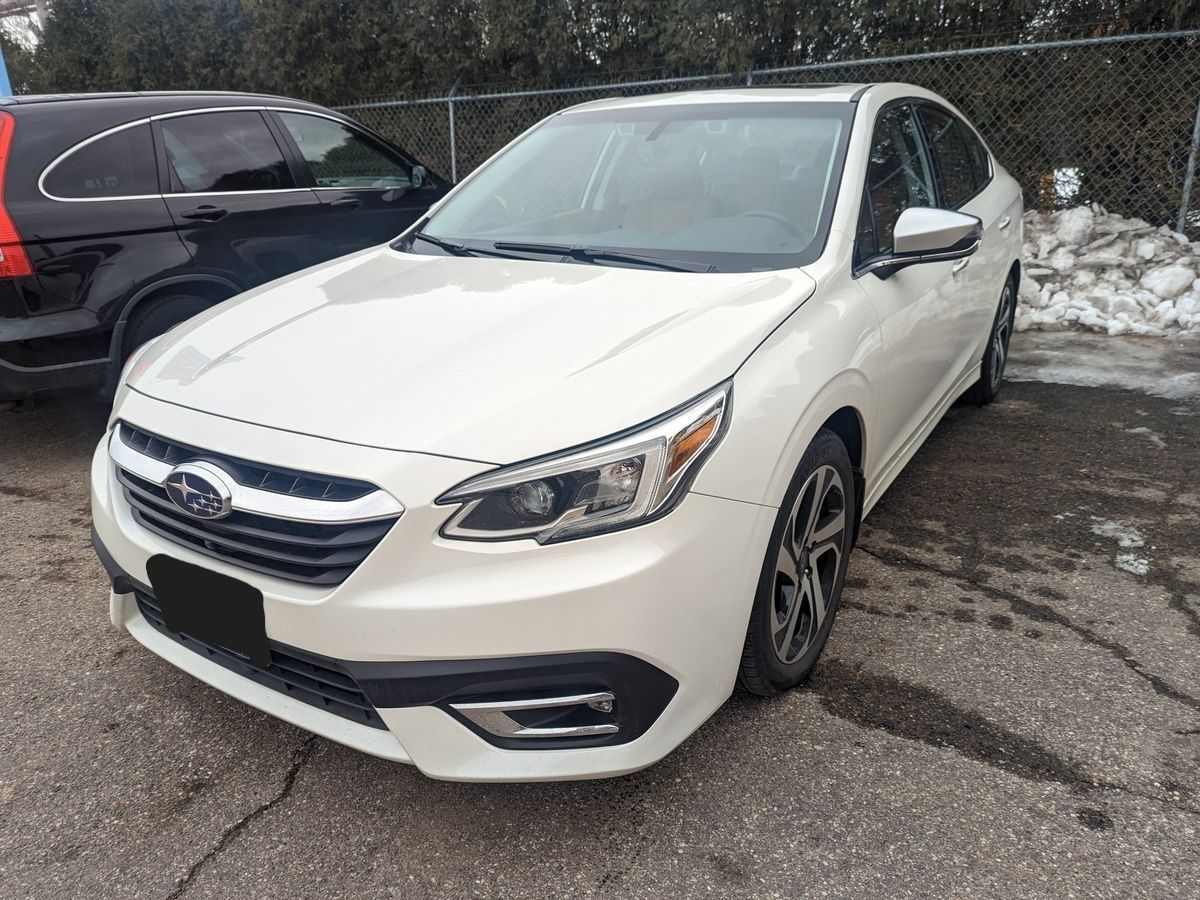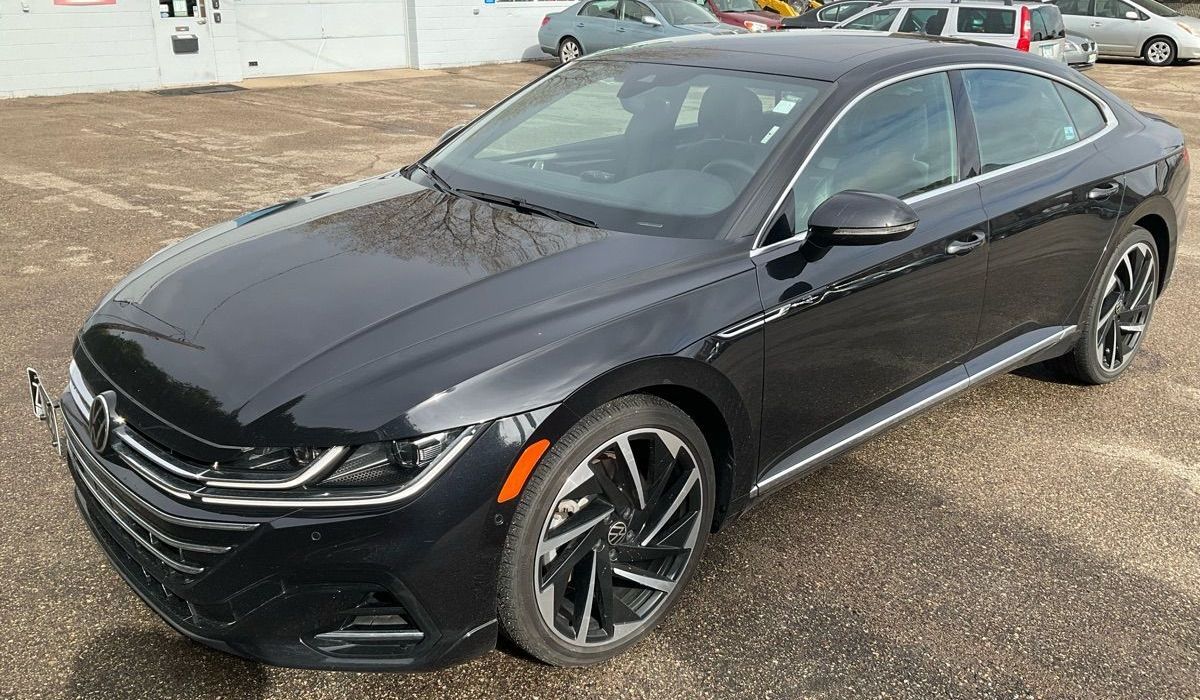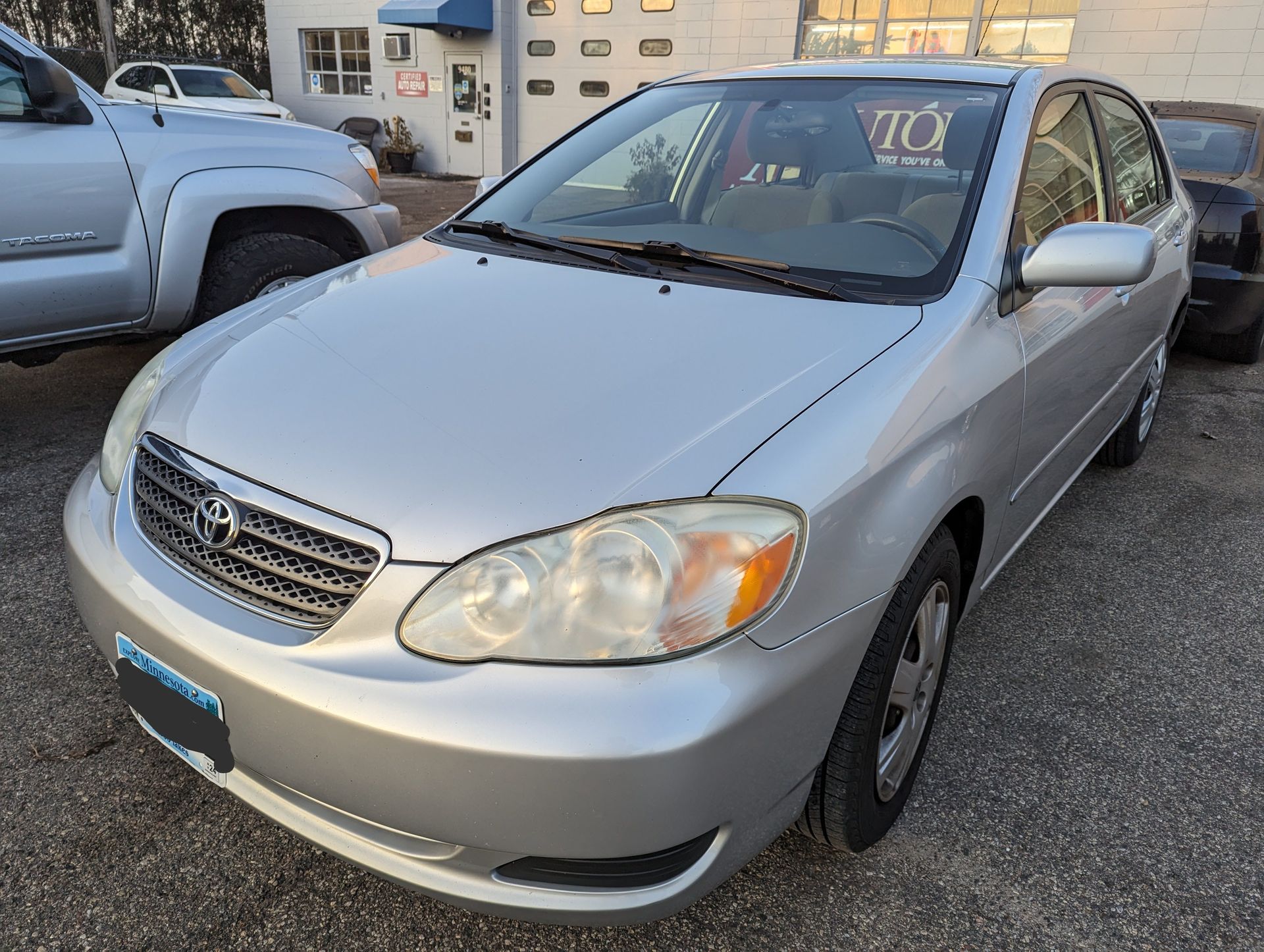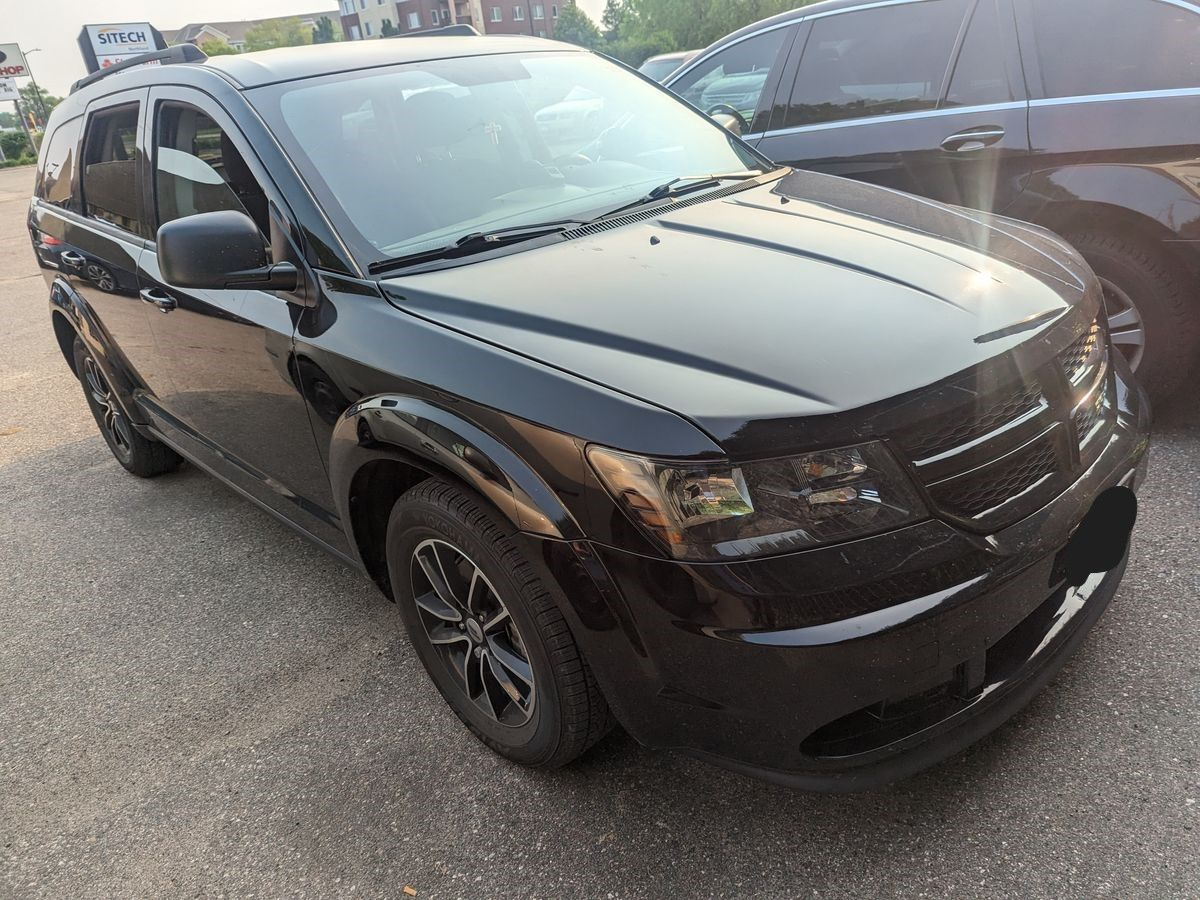Blog #151: Don’t Ignore the Signs: Subtle Clues Your Car Needs Attention
Blog #151: Don’t Ignore the Signs: Subtle Clues Your Car Needs Attention
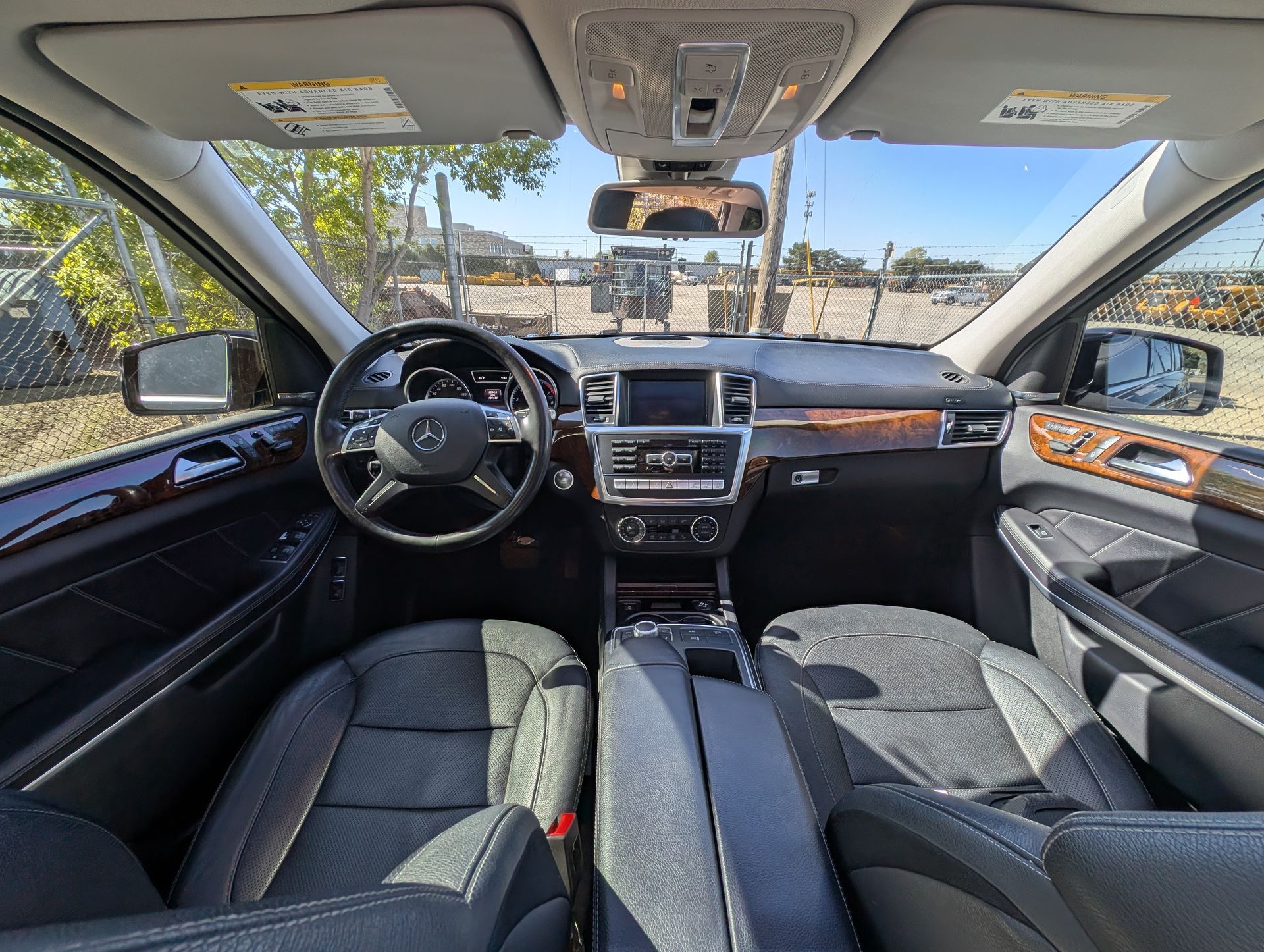
At Autopia Bloomington, we see drivers bring in cars for major repairs that could have been avoided if small warning signs were addressed early. Your vehicle talks to you—through sounds, smells, and small changes in performance—and catching those clues early saves money, time, and stress. This guide explains the subtle signals your car may be sending and what to do when you notice them.
Why Paying Attention To Small Signs Matters
1. New or changing noises
If your car starts making a ticking, rattling, whining, or grinding noise that’s new or getting worse, don’t shrug it off.
What it can mean: loose heat shields, failing bearings, worn brakes, or early engine or transmission issues.
What to do: Note when the noise happens (startup, acceleration, braking) and bring the car in for a diagnostic. Early detection prevents component failure.
2. Slight vibration or steering pull
A steering wheel that vibrates at certain speeds or a vehicle that subtly pulls to one side often points to tire, alignment, or suspension problems.
What it can mean:
wheel imbalance, uneven tire wear, misalignment, or worn suspension parts.
What to do: Check tire pressure and tread, and schedule an alignment and suspension check to avoid faster tire replacement and unsafe handling.
3. Gradual drop in fuel economy
If you notice your car needs gas more often than usual, something’s changing under the hood.
What it can mean:
clogged air filter, failing O2 sensor, underinflated tires, or fuel system inefficiency.
What to do: Have a fuel system and emissions scan. Fixing the root cause usually restores MPG quickly.
4. Soft or inconsistent brake pedal
A brake pedal that feels softer than normal or sinks slightly when you hold pressure is a safety signal.
What it can mean: low brake fluid, air in the brake lines, or worn brake components.
What to do: Don’t delay — schedule a brake inspection immediately.
5. Slow or hard starts, especially in cold weather
Starting trouble can be more than an annoyance — it’s often the first sign of electrical or battery issues.
What it can mean: weak battery, corroded terminals, parasitic drain, or starter wear.
What to do: Get a quick battery and charging system test before you get stranded.
6. Dashboard lights that blink or come on briefly
A momentary warning light may not seem urgent, but it’s your car’s built-in diagnostics trying to tell you something.
What it can mean: anything from a loose gas cap to a sensor that’s failing intermittently.
What to do: Run a scan to capture stored codes. A one-time read helps prevent recurring problems.
7. Strange smells in or under the car
Burning oil, sweet coolant, or a strong fuel odor are not normal. Even musty or mildew smells inside the cabin indicate an HVAC or drainage issue.
What it can mean: oil leaks, coolant leaks, fuel leaks, or clogged A/C drains causing mold growth.
What to do: Stop driving if you smell fuel or heavy burning. For other odors, book an inspection to locate and fix the leak or drainage problem.
8. Minor fluid spots in the driveway
Small puddles or spots of dark oil, pink coolant, or translucent brake fluid are clues.
What it can mean: small leaks that will grow into larger problems.
What to do: Identify the fluid color, check levels, and have a leak check. Early repairs are almost always less expensive.
Small Inspections That Prevent Big Repairs
A few simple checks at regular intervals can catch many of the subtle issues above:
- Check tire pressure monthly and inspect tread for uneven wear.
- Look under the car for fresh fluid spots after parking.
- Listen for new or changing noises and note when they occur.
- Watch fuel economy trends so you notice gradual drops.
- Have brakes, battery, and fluids checked annually or per your owner’s guide.
At Autopia Bloomington, our technicians perform focused inspections designed to catch small problems before they escalate.
Real examples (brief)
A local driver noticed a faint vibration on highway speeds and delayed service. What started as a wheel imbalance turned into uneven tire wear and a bent rim after a few months—costly and avoidable. Another customer reported an intermittent soft brake pedal; a quick fluid check revealed a small leak in a hose—repaired quickly with minimal expense.
Frequently Asked Questions (FAQ)
Q: How quickly should I act if I notice one of these subtle signs?
A: It depends on the symptom. For smells of fuel or burning, stop driving and get help immediately. For noises, vibrations, or gradual performance changes, schedule an inspection within a few days to prevent escalation.
Q: Can I ignore a single dashboard light if the car seems fine?
A: It’s not wise to ignore it. A quick code scan can reveal issues that aren’t obvious yet. Early diagnosis saves money and reduces risk.
Q: How often should I bring my car in for preventive checks?
A: At minimum, have a professional inspection at least once a year. If you drive in tough conditions (lots of short trips, Midwest winters, towing), consider twice-yearly checkups.
Q: Are minor repairs expensive?
A: Minor repairs typically cost far less than the major repairs they prevent. Replacing a hose, tightening a loose component, or replacing pads is much cheaper than repairing a seized pump or damaged engine.
Q: Do you need appointments for quick inspections?
A: At Autopia Bloomington we recommend scheduling to guarantee timing, but we also accommodate drive-ins when possible. Call or book online for fastest service.
Don’t Wait — Catch Small Problems Early
Subtle clues are your car’s early warning system. Paying attention and acting quickly protects your safety, saves money, and keeps your vehicle reliable. If you’ve noticed any of the signs above or just want a professional check for peace of mind, bring your car to
Autopia Bloomington. Our team will run a focused inspection, explain the findings, and recommend only what’s necessary—no pressure, just honest service.
Schedule your inspection today at Autopia Bloomington and stop small problems from turning into big repairs.

